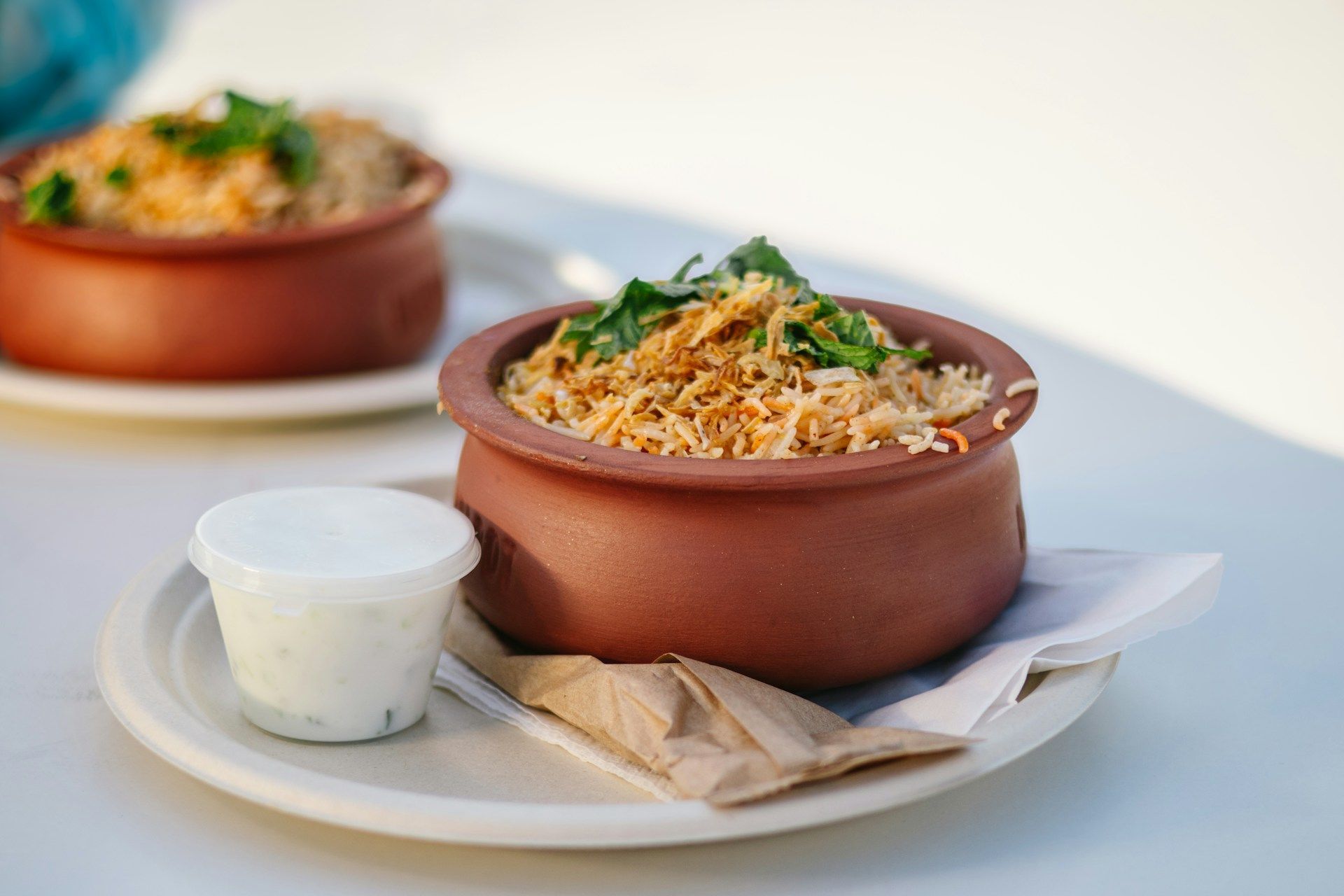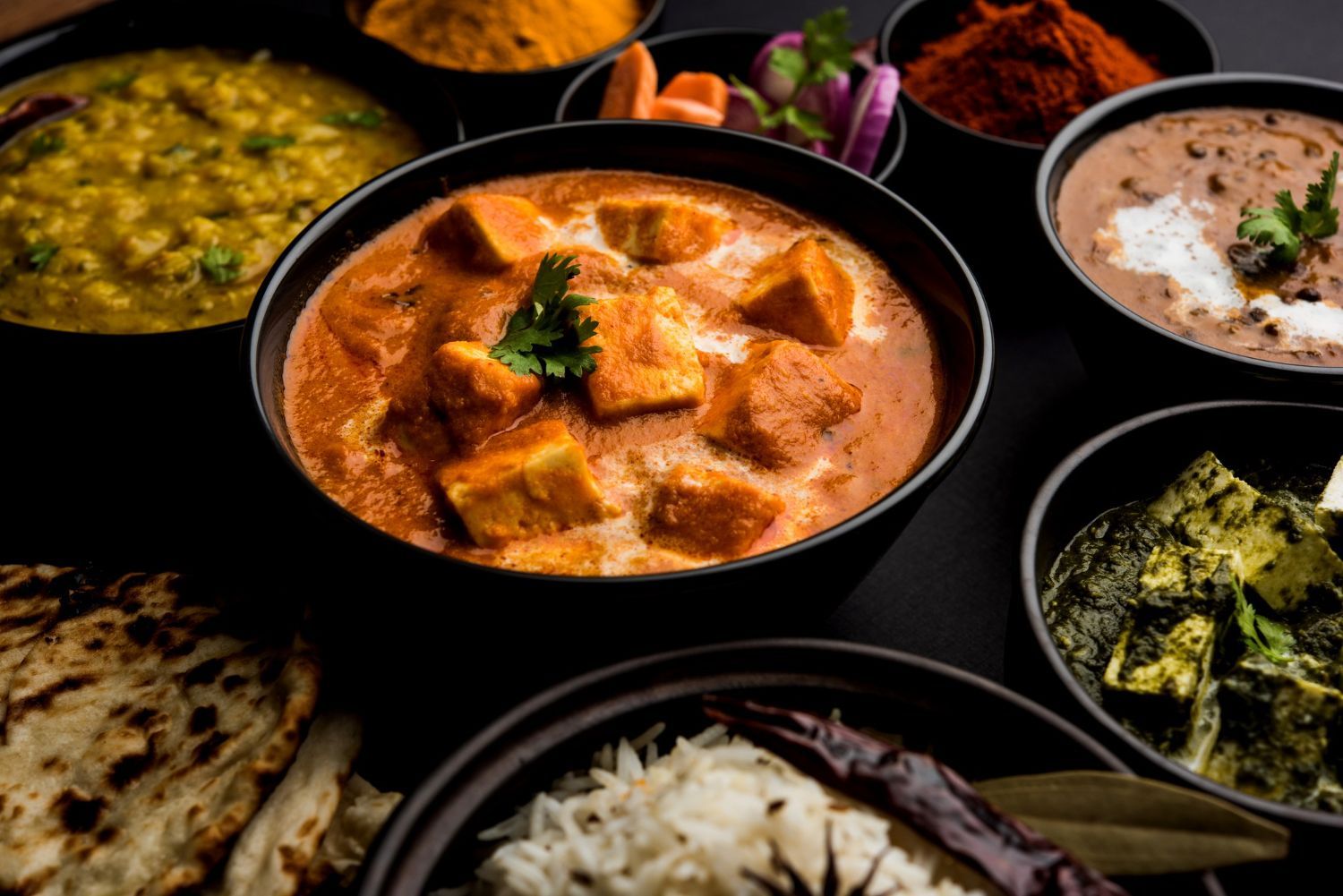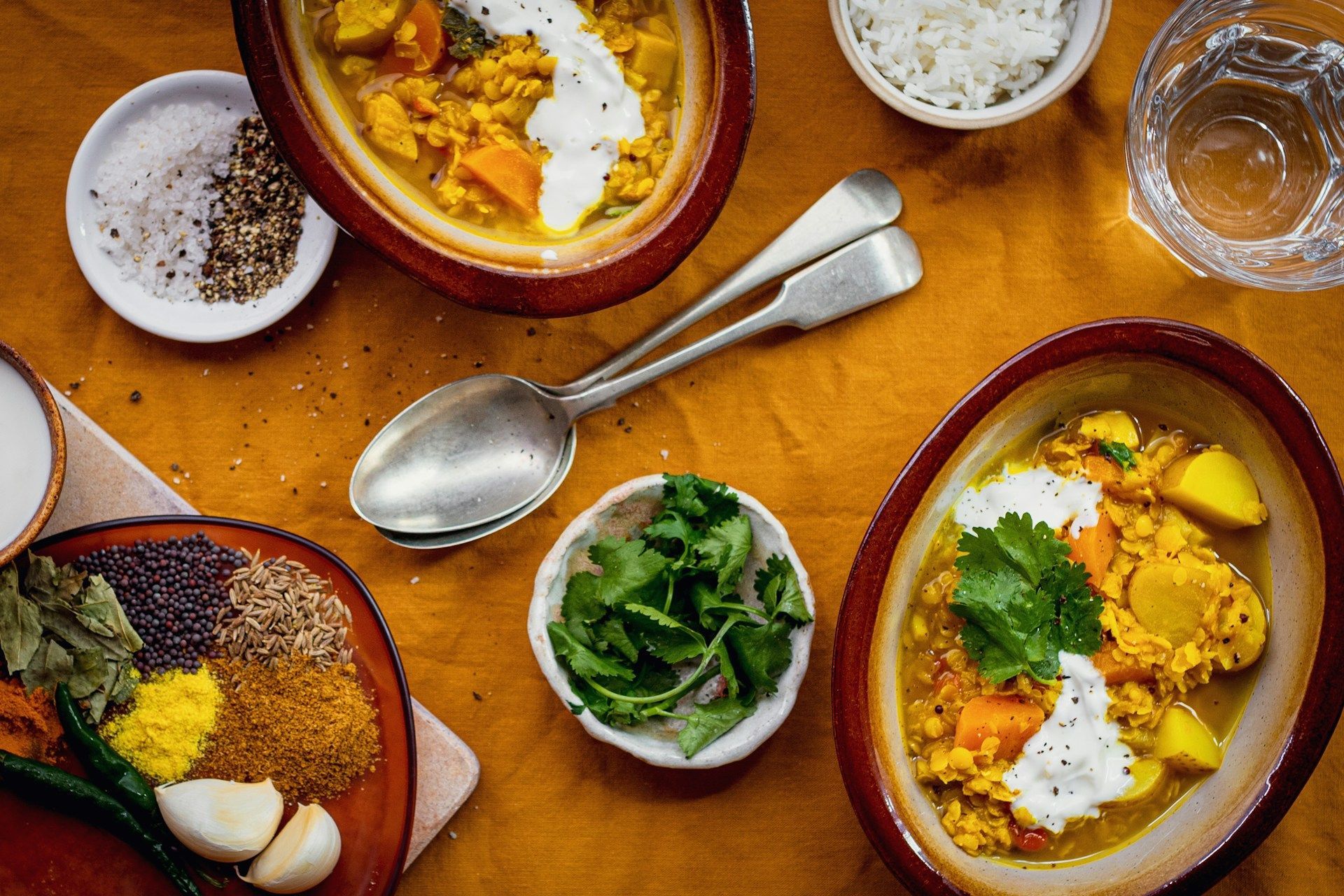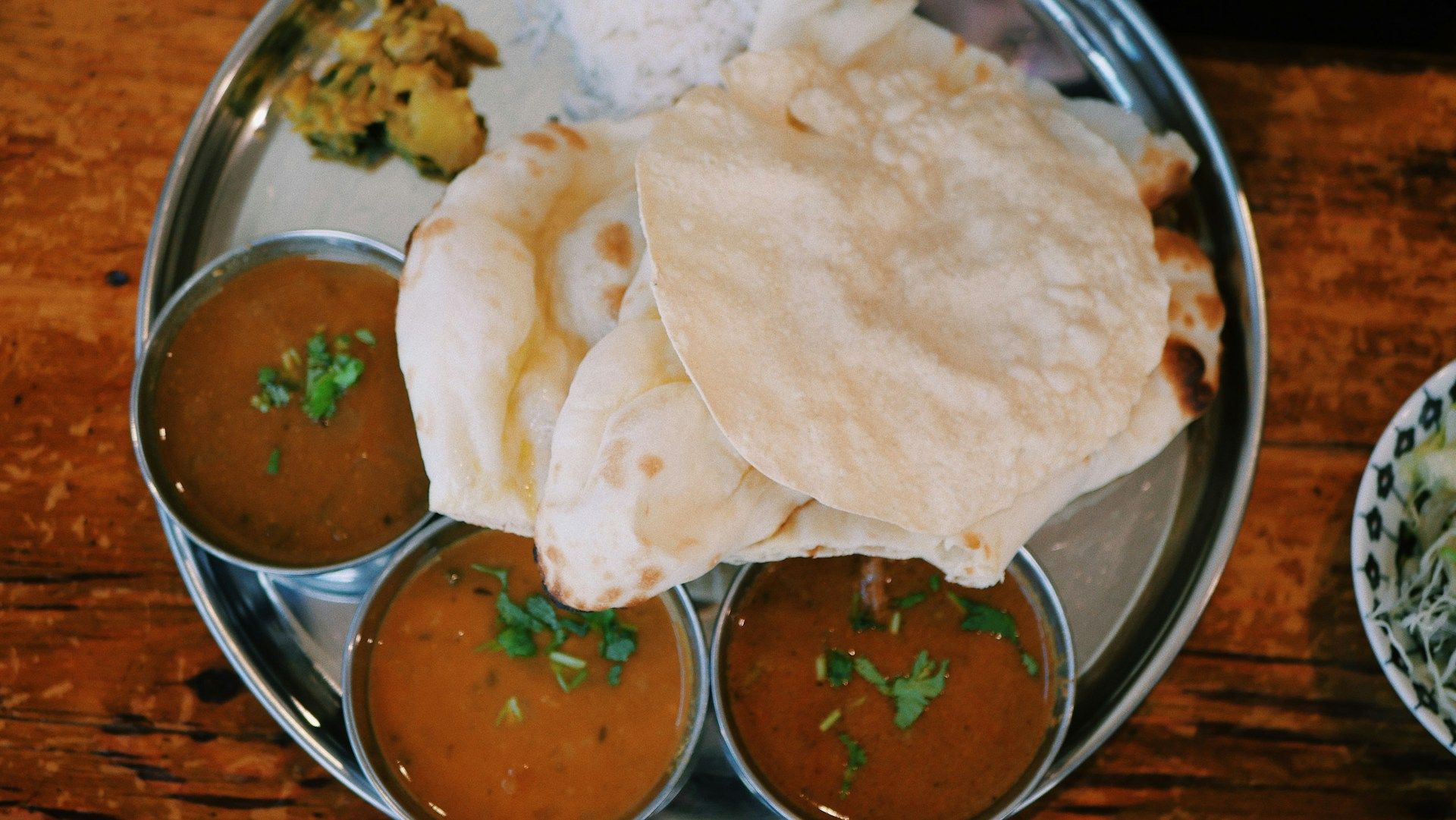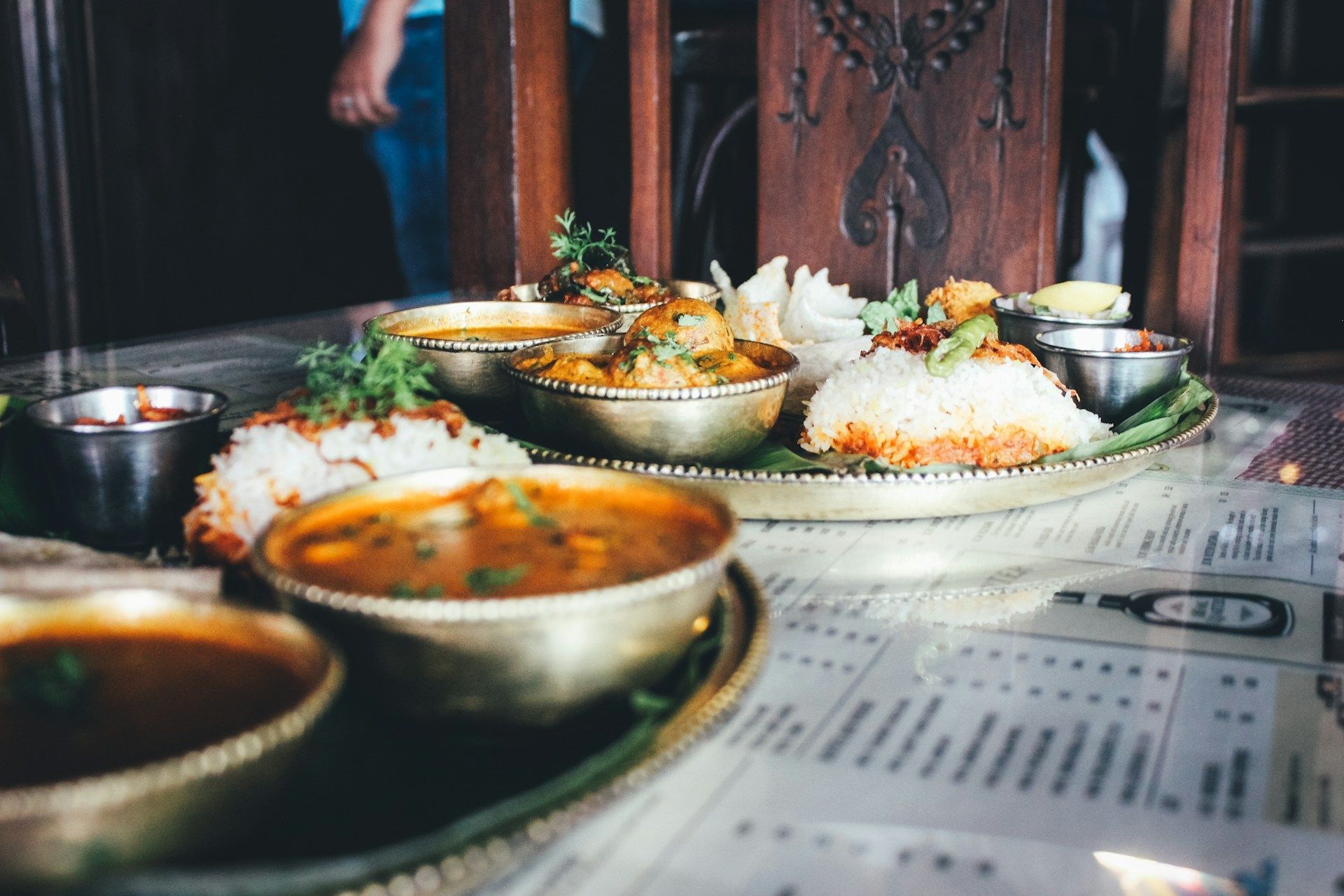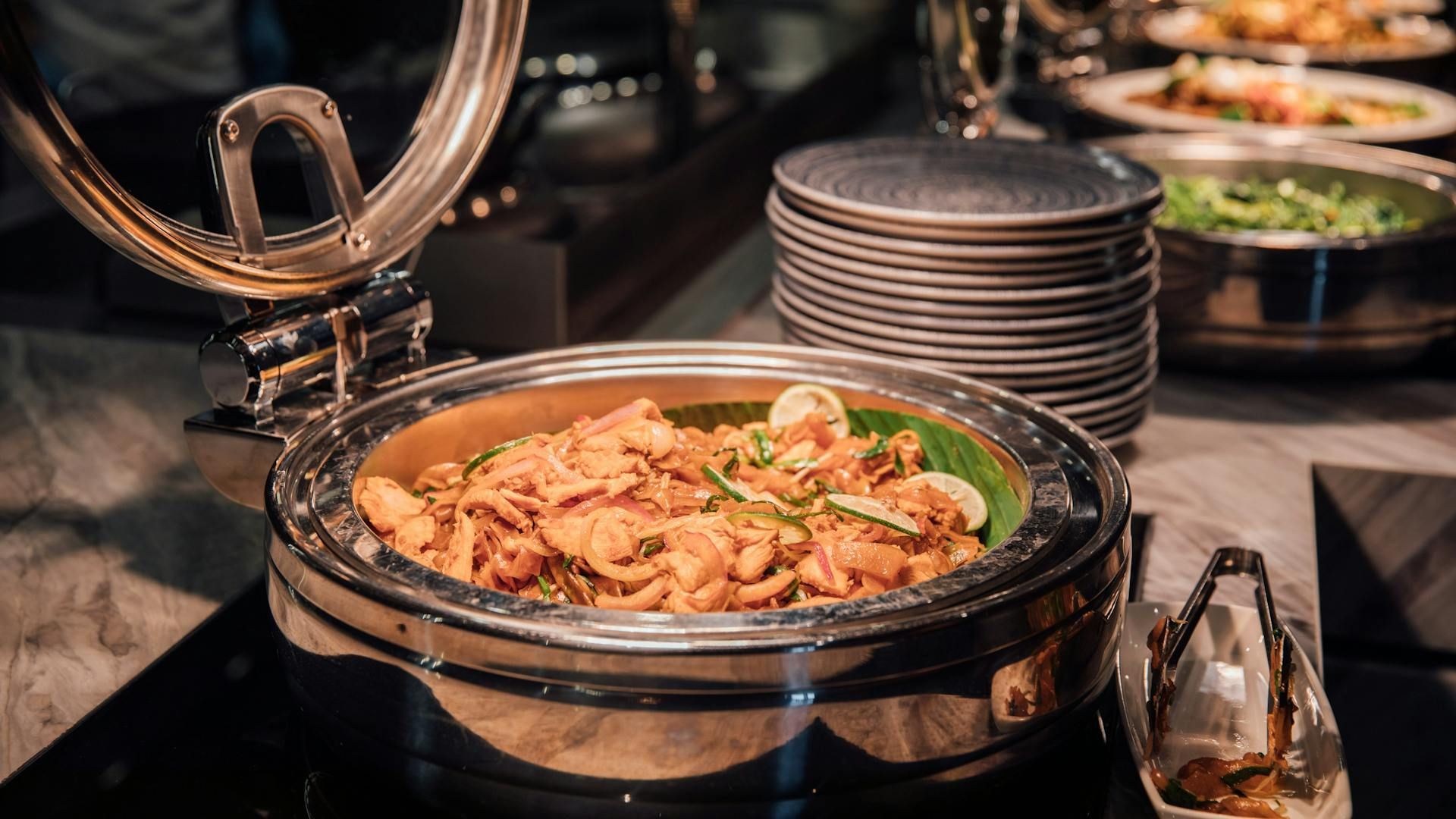The Health Benefits of Spices Used in Indian Cuisine
Spices are at the heart of the Indian cuisine that we all savour. People's cooking and eating habits are heavily influenced by the spices they use in their recipes and seasoning mixes. It's no surprise that Indian food is becoming increasingly popular.
Spices aren't just added to Indian cuisine for their flavour and aroma. Indian spices have been found to offer several health advantages. This article will run you through the benefits of the beloved spices your local Indian restaurant uses.
Cinnamon to Lower Cholesterol
The oily component of this spice has a significant influence on metabolism and general health and well-being. Because of its high concentration of antioxidants and anti-inflammatory qualities, cinnamon has been shown to protect the nervous system and cells from harm while also helping to lower cholesterol.
The ability of the spice to cut cholesterol further lessens the risk of heart disease. This ingredient is commonly used in Indian meat and poultry dishes.
Coriander for Anti-fungal Properties
The coriander plant's seeds and leaves are widely used in various Indian recipes, mainly as a flavour component. Indian curries commonly use ground coriander as a spice. This plant's seeds, oils, and extracts increase insulin secretion and lower blood sugar levels, which may surprise you.
Antifungal and microbiological capabilities are also present in the seeds. So, whether it's used in lentil curry or steamed veggies, the flavour and nutrients remain.
Cumin for Weight Loss
Cumin has been used extensively in Indian cuisine, both vegetarian and non-vegetarian, since the 17th century. The inclusion of cumin is one of the main reasons you may never get a stomach ache after eating Indian food. Whether you use whole or ground cumin, you may mix it with other spices.
Cumin aids in reducing body fat and the control of blood sugar levels. You can encounter this beneficial spice in a wide range of Indian delicacies.
Cardamom as an Antioxidant
Traditionally, cardamom is used to flavour tea, but it also works well in many other dishes, including curries and rice dishes. However, if used excessively, it might ruin the flavour of other mild foods.
Cardamom contains antioxidant capabilities, which many people may not know, and it may generate substances that fight cancer cells. Its anti-inflammatory and breath-freshening effects are only two of its many benefits. Cardamom is a common ingredient in sweets and confections in Indian cuisine.
Turmeric for Serotonin
The therapeutic properties of this brilliant yellow spice are now bringing it widespread acclaim, and it is an indispensable component of every Indian meal. Curcumin, one of turmeric's most potent active components, has been shown to lessen the risk of cardiac arrest after coronary artery bypass surgery.
Aside from that, the spice can improve cognitive performance and reduce the risk of illness. Turmeric has also been shown to have strong anti-depressant properties in small trials. Serotonin and dopamine transmitters and the gall bladder, skin, and stomach issues can be improved by taking turmeric.
Cloves for Dental Problems
When it comes to addressing dental issues, clove is an obvious choice. However, the spice's robust flavour must be used in meat and rice dishes. You can ease indigestion, vomiting and loose stool by taking it.
Conclusion
The unique flavours and health benefits of Indian spices make them a favourite among people who are conscious of their health and wellness. Whether you're flavouring your meat or adding a dash to your veggies, spices are a great way to enhance the flavour of nearly any dish.
Are you looking for the
best Indian food in London? Tower Tandoori is one of London's oldest Indian restaurants, offering you authentic delicacies. Check out our menu today!

